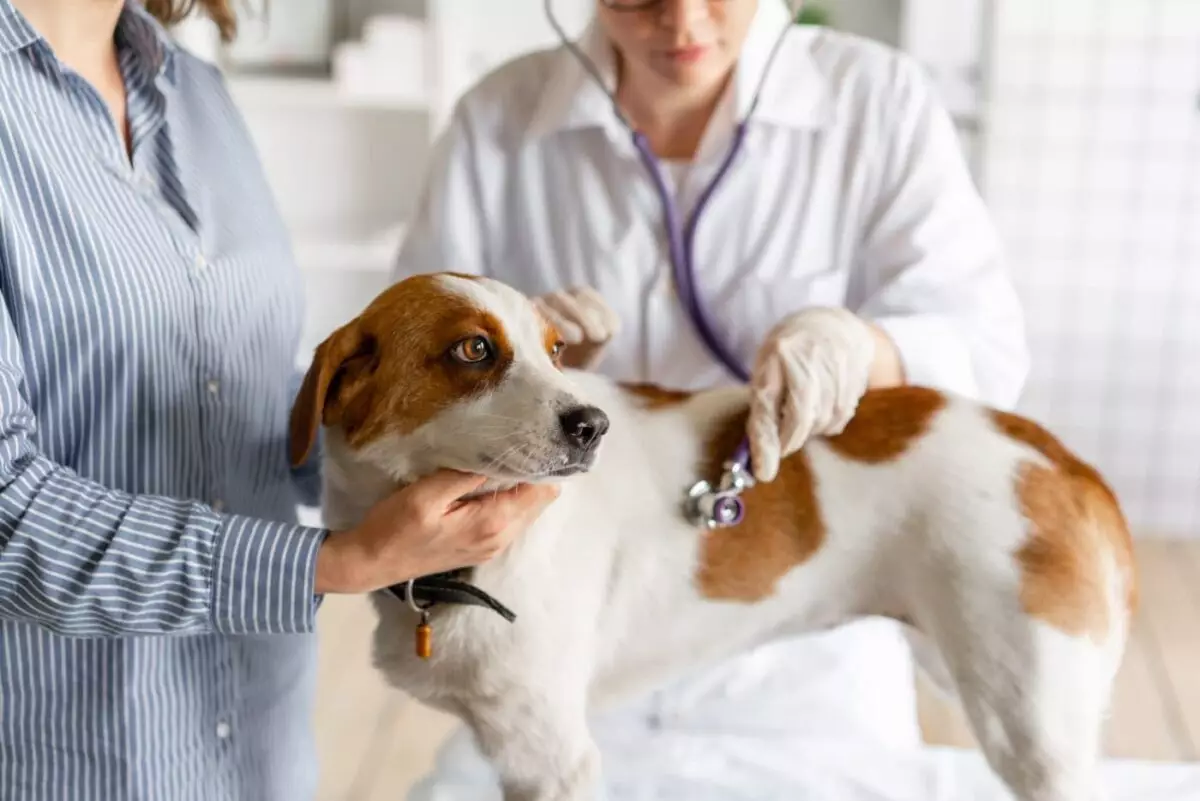As a responsible pet owner, understanding and addressing your dog’s health needs is paramount. Regular interaction and communication with your veterinarian can greatly influence your furry friend’s well-being. This article aims to guide pet owners in recognizing the crucial topics to discuss with vets, highlighting the importance of preventive care, nutrition, exercise, and overall wellness.
Prevention is typically more effective and less costly than treatment after health issues arise. Routine veterinary visits are integral to identifying and addressing potential health problems before they escalate. Depending on your dog’s age and breed, the frequency of these visits can vary. While puppies and senior dogs might require more frequent monitoring, well-established adult dogs may only necessitate annual check-ups. Engaging with your vet regarding an appropriate schedule ensures that you remain vigilant about your dog’s health and can make informed decisions as they age.
Vaccination plays a critical role in safeguarding your dog against preventable diseases. It’s vital to engage your veterinarian in a conversation about which vaccines are necessary, taking into consideration various factors such as age, lifestyle, and geographical location. This will not only protect your pet but also contribute to the health of the community by minimizing disease transmission.
Choosing the right nutrition for your dog can be overwhelming given the vast array of options available. Each dog requires a tailored diet based on age, breed, size, and any pre-existing health conditions. Consulting your veterinarian can help you navigate through these choices. Furthermore, maintaining an appropriate weight is essential for overall health. Both obesity and being underweight can lead to severe health complications. Being proactive in discussing your dog’s dietary needs and weight management strategies will enable you to create an optimal feeding routine.
It’s worth asking your vet about the merits of specific diets, such as grain-free or high-protein options, to determine the best fit for your dog’s individual needs. Educating yourself on feeding schedules and nutritional content contributes to your dog’s long-term health.
Dental health is often underestimated in the context of overall canine health. Poor dental hygiene can lead to significant medical issues, such as heart disease and pain-related complications. Discuss with your vet the importance of regular oral care, and inquire about signs of dental problems. Professional cleanings and proper at-home care—like brushing—are necessary to prevent buildup that could lead to disease. This is an often-ignored aspect of dog care but one that can drastically affect quality of life if overlooked.
Fleas, ticks, and heartworms pose serious threats to canine health, necessitating ongoing preventive measures. The risk may vary based on environmental factors and lifestyle, making it essential to consult your vet to devise an effective parasite prevention plan. Understanding what products best suit your dog’s needs—be it oral medications, topical treatments, or specialized collars—can greatly enhance their protection against these pesky invaders.
Dogs are notoriously good at concealing pain, making it essential for owners to be observant of any behavioral changes. Subtle signs, such as decreased activity or altered eating habits, may indicate underlying issues requiring veterinary attention. Engaging your vet in discussions about pain management can introduce beneficial therapies, supplements, or medications to enhance your dog’s quality of life.
Regular exercise is crucial for both the physical and mental health of dogs. The type and intensity of activity required can differ significantly among breeds and age groups. High-energy dogs may thrive on vigorous activities, while older or less active dogs might benefit from gentler exercises like swimming or leisurely walks. Consulting your vet about the ideal exercise regimen suited to your dog’s unique requirements can ward off obesity, boredom, and associated behavioral issues.
Any significant changes in behavior—such as increased aggression or withdrawal—should be brought to your vet’s attention. Such changes can be reflective of underlying health disorders, including anxiety or pain-related issues. Being proactive and discussing your dog’s behavioral shifts allows for timely interventions that can improve their overall atmosphere.
Allergies can manifest through a myriad of symptoms, such as itching and digestive disturbance. If you suspect your dog has allergies, your vet can provide insightful recommendations for identifying triggers and managing symptoms through medication or dietary adjustments.
As dogs grow older, their health care needs evolve. Senior dogs may experience various age-related conditions requiring vigilant monitoring and management strategies. Regular discussions with your vet about the expected health changes as your pet ages can guide appropriate preventive measures and enhance their comfort in senior years.
In essence, cultivating a proactive relationship with your veterinarian is essential for your dog’s health and happiness. By asking the right questions and staying informed about their specific needs throughout their life stages, pet owners can significantly improve their dogs’ overall well-being and longevity. Consistent, open dialogue with your veterinary care provider can make a world of difference in allowing your furry companion to lead a happy and healthy life.


Leave a Reply